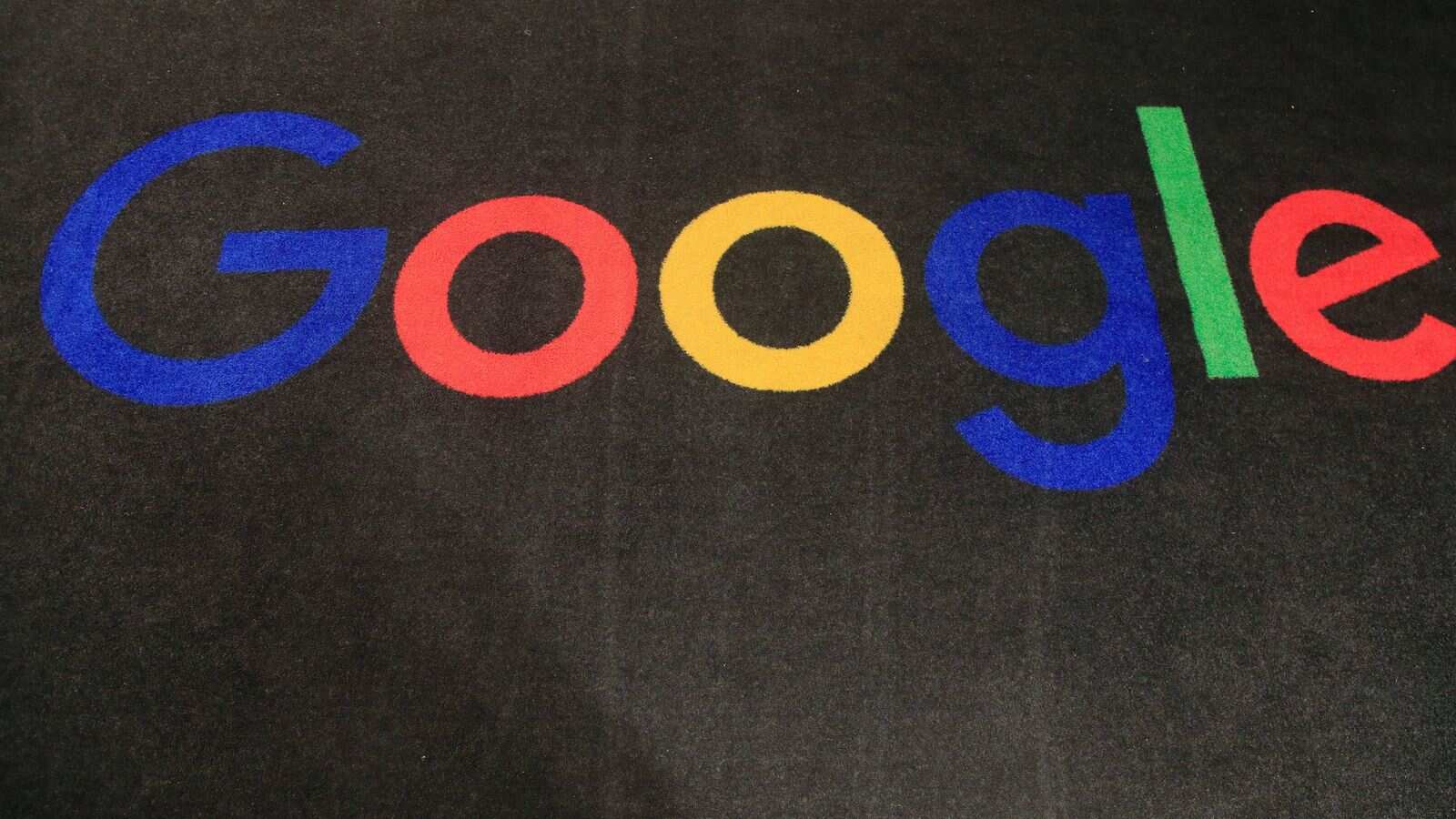
Why Skills-First Leadership Is Replacing the Ivy League Playbook in the C-Suite
The old prestige pyramid—where Ivy League degrees and blue-chip consulting backgrounds paved the way to the CEO seat—is cracking.

June 8, 2021: -On Monday, France’s competition watchdog fined Google 220 million euros for abusing its market power in the online advertising industry.
The French Competition Authority said that Google had unfairly sent business to its services and discriminated against the competition. Google has agreed to pay the fine and end some of its self-preferencing practices, the watchdog said.
The investigation finds that Google gave preferential treatment to its DFP advertising server, allowing publishers of sites and applications to sell their advertising space. In addition, its SSP AdX listing platform organizes auction processes and will enable publishers to sell their “impressions” or advertising inventory to advertisers. As a result, Google rivals and publishers suffered as an outcome, the regulator said.
Isabelle de Silva, president of the French Competition Authority, said the decision is the first globally “to look at the complex algorithmic auction processes by which online advertising ‘display’ is operated.”
She also said that the investigation revealed processes by which Google favored over its competitors on advertising servers and supply-side platforms, which are software pieces used by publishers to manage, sell and optimize ad space on the websites and mobile apps.
“These severe practices have penalized competition in the emerging online advertising market and have enabled Google does preserve but also increases its dominant position,” said de Silva.
“This sanction and these commitments will make it possible to re-establish a level playing field for all actors, and the ability of publishers to make the maximum of their advertising spaces.”
On Monday, Google announced that it would be making a series of changes to its advertising technology.
“We recognize the role that ad tech plays in supporting access to content and information, and we’re committed to work collaboratively with regulators and invest in some new products and technologies that provide publishers wider choice and better results when using our platforms,” writes Maria Gomri, legal director of Google France.
Following the U.S.-based News Corp, French newspaper Le Figaro and the Belgian press group Rossel filed a complaint regarding Google.
Regulators across Europe are clamping down on the major U.S. tech giants in between the concerns that they wield too much power on the bloc’s 700 million-plus citizens.
In the previews, Facebook was hit by antitrust probes from regulators in the U.K. and Europe.
The European Commission launches investigations into Amazon, Google, and Microsoft over the previous few years. At the same time, the U.K.’s Competition and Markets Authority has also started probes into Google and Apple after becoming an independent regulator in its own right in January after Britain’s exit from the EU.

The old prestige pyramid—where Ivy League degrees and blue-chip consulting backgrounds paved the way to the CEO seat—is cracking.

Loud leaders once ruled the boardroom. Charisma was currency. Big talk drove big valuations.

But the CEOs who make history in downturns aren’t the ones with the deepest cuts

Companies invest millions in leadership development, yet many of their best executives leave within a few years. Why?

The most successful business leaders don’t just identify gaps in the market; they anticipate future needs before anyone else.

With technological advancements, shifting consumer expectations, and global interconnectedness, the role of business leaders

At seventeen, Professor Richard Rose stepped into a world few adults dare to navigate: the world of children fractured by trauma. He wasn’t a clinician then, nor a scholar. He was simply a young man with a heart tuned to the quiet ache of others.

Following a distinguished Law Enforcement career Joe McGee founded The Securitatem Group to provide contemporary global operational specialist security and specialist security training products and services for private clients, corporate organisations, and Government bodies. They deliver a wide range of services, including complete end-to-end protection packages, close protection, residential security, protection drivers, and online and physical installations. They provide covert and overt investigations and specialist surveillance services with a Broad range of weapons and tactical-based training, including conflict management, risk and threat management, tactical training, tactical medicine, and command and control training.

Jay Wright, CEO and Co-Owner of Virgin Wines infectious energy, enthusiasm, passion and drive has been instrumental in creating an environment that encourages talent to thrive and a culture that puts the customer at the very heart of every decision-making process.

Fabio de Concilio is the visionary CEO & Chairman of the Board at Farmacosmo, a leading organization dedicated to mental health and community support services. With a deep commitment to identifying and meeting customer needs, Fabio ensures that high standards are maintained across the board.

Leave us a message
Subscribe
Fill the form our team will contact you
Advertise with us
Fill the form our team will contact you